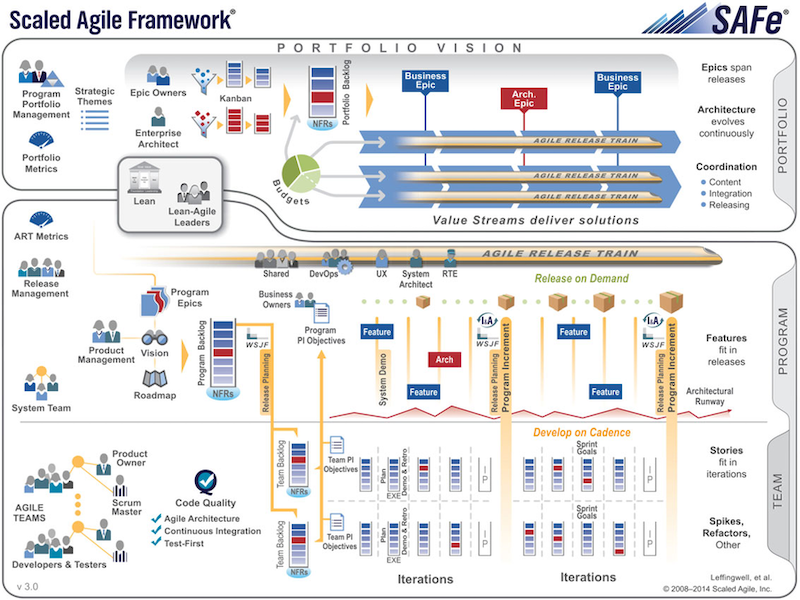Most of the time it just makes software development run to a sweatshop mentality with throwaway code. Fine for simple projects but complex developments requiring high quality it's dreadful.
People need to understand that there will always be some waterfall activities.
People need to understand that there will always be some waterfall activities.


 :
:




Comment